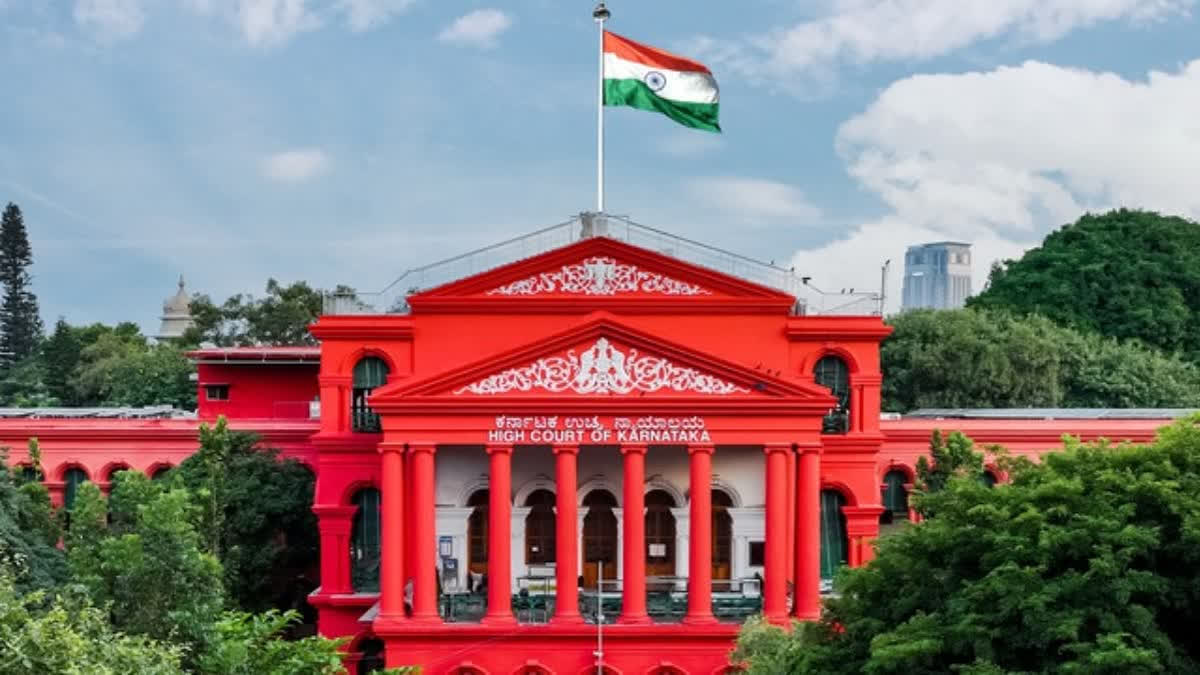Bengaluru: In a significant decision, the Karnataka High Court has suspended the Waqf Board's authority to issue marriage certificates, questioning the legality of a government order issued in September 2023. The suspension comes amidst debates on the scope of the Waqf Board's powers under the Waqf Act of 1995.
The court’s interim order followed a Public Interest Litigation (PIL) filed by A. Alam Pasha, founder of The Helping Citizen, an NGO. Pasha contended that the Waqf Board’s actions in issuing marriage certificates for Muslim couples were beyond its legal mandate. The petition specifically challenges a government order dated September 30, 2023, which authorised district Waqf Boards to certify Muslim marriages.
Petitioner's argument
Pasha argued that the Waqf Act of 1995, which outlines the statutory framework for the Waqf Board, does not empower the board to perform such functions. He claimed that the move was "ultra vires" (beyond legal authority) and requested the court to quash the government order. He also sought clarity on the legal responsibilities of the Waqf Board, asserting that its primary role pertains to managing waqf properties and not certifying marriages.
"The Waqf Board has no statutory authority to issue marriage certificates. This order violates the legal framework and must be rectified," Pasha said.
In his petition, Pasha stated that the government order undermines the statutory framework of the Waqf Act by assigning functions not prescribed under the law. It creates a parallel system of marriage certification that could lead to inconsistencies with existing laws governing marriages in India.
Pasha also called for increased transparency and adherence to the defined roles of statutory bodies, urging the state government to refrain from delegating unwarranted responsibilities.
High Court’s Observations
A division bench of the High Court noted the potential overreach in the government’s order and questioned the legal basis for assigning marriage certification powers to the Waqf Board. The court directed the Karnataka government to respond to the petition while suspending the Waqf Board’s authority in this regard until further notice.
The court emphasised that the practice of issuing marriage certificates is typically reserved for legally authorised bodies like local municipal offices or designated registrars under the relevant marriage acts.
Broader Implications
This case has sparked discussions about the Waqf Board’s role and its intersection with personal law and civil regulations. The interim suspension could have a broader impact on how marriage documentation is approached within the Muslim community in Karnataka, potentially requiring couples to seek certification from other authorised bodies.
"Assigning certification powers to the Waqf Board appears to exceed the scope of the Waqf Act of 1995," the court observed.
According to legal experts this decision can redefine the Waqf Board’s role, ensuring its functions align strictly with statutory provisions.



